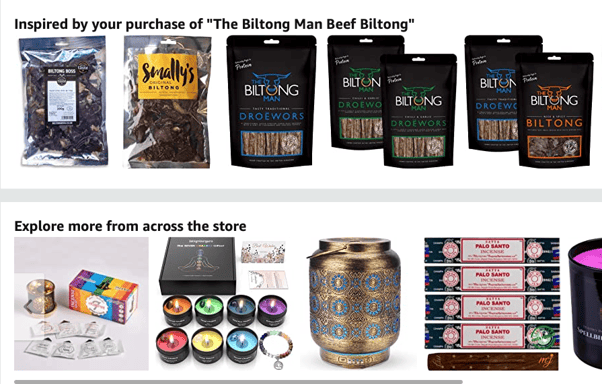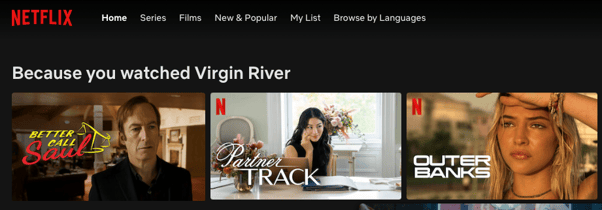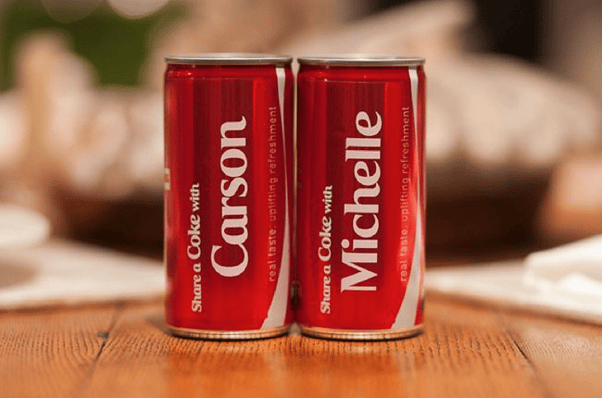-
Digital Marketing
We help you to use your digital potential. For a strong positioning, more visibility and more leads.
Get Growth ready
With the BEE.Transformance model, we bring continuous and profitable growth to your company. A new mindset for your team.
Industries
We transform your challenges into opportunities through the experience we have gained from projects in these industries.
-
HubSpot Services
As a HubSpot Diamond Partner, we help you implement your digital growth strategy with a focus on performance - by implementing and integrating new and existing systems as well as 3rd party apps.
HubSpot Thought Leader
As a HubSpot Diamond Partner with +50 certifications, host of the HubSpot User Group Zurich, HubSpot Trainer and HuSpot User Champions, you have access to in-depth HubSpot expertise.
HubSpot Solutions
The BEE.Theme offers you more creative freedom than any other theme on the market. Whether you're a beginner or a professional, a creative mind or a digital agency - with the BEE theme, you can easily unleash the maximum power for your pages in HubSpot CMS.
-
BEE.Blog
Knowledge around digital marketing, digital sales, technology, data intelligence and employees.
Knowledge Base
Pure knowledge: everything essential concentrated, compact, digitally prepared for you and ready to download.
What is inbound?
The most effective way to successfully combine digital marketing and digital sales.
-
BEE.Team
The BEE.Performers: many different characters - with one thing in common: the fascination for a digital world.
References
More than 100 large and small companies have already started with BEE: to more visibility, more performance, more growth.
Invest
Participate in the growth of BEE and become part of the BEE Growth Story by purchasing Digital Share Tokens.
We're hiring
Become a BEE.Performer! Are you ready for your own transformation?
Increase Your Conversion Rate Through Personalisation
How Tailored Marketing Campaigns Reach Your Target Audience
As the competition for customers becomes fiercer, it's essential for businesses to create targeted campaigns that resonate with their audience. One way to do this is through personalisation.
With advanced customer relationship management (CRM) solutions like HubSpot, designing and implementing marketing campaigns that speak directly to your buyers is easier than ever. In this article, we explore how to personalise the digital experience you offer with the aim of increasing your conversion rate.
What is Personalisation in Marketing?
Personalisation in marketing is the process of tailoring content and offers to individual customers based on their interests, preferences, and behaviour. This approach allows businesses to create a more personalised experience for their customers and can result in increased engagement, loyalty, and, ultimately, improved conversion rates.
A recent report shows that 75% of consumers are eager to buy from brands that personalise their digital experiences. What’s more, 60% of millennials are open to sharing personal information if it results in communication and offers that are tailored to their preferences, further supporting the cause for personalising each step in your customer journey.
The benefits of personalisation are clear: it can result in increased engagement, loyalty, and improved conversion rates. However, it's important to approach personalisation thoughtfully and ethically to ensure that customer privacy is respected.
Personalisation with HubSpot
HubSpot is an all-in-one inbound marketing platform that allows businesses to create personalised experiences for their customers through a range of features:
Dynamic Content is a powerful feature that allows businesses to create customised experiences for their users. By showing different content to different users based on their location, device, or behaviour on the website, businesses can ensure that they are presenting the right information to the right audience at the right time. This not only enhances the user experience, but it also improves engagement and conversion rates.
Smart CTAs are another feature of HubSpot that can help businesses create personalised experiences. These CTAs display different call-to-actions depending on where the user is in the sales funnel. By presenting users with the most relevant CTAs, businesses can increase the likelihood of conversion and ultimately drive more sales.
Personalised Emails are an essential tool for businesses that want to reach their customers on a more personal level. By using customer data to send personalised emails that include product recommendations, promotions, and more, businesses can foster stronger relationships with their customers and drive more sales as a result.
By leveraging these features, businesses can improve engagement, loyalty, and ultimately drive more sales.
Personalisation with HubSpot in action
To help you visualise what a personalised marketing campaign may look like using HubSpot, we’ll walk you through a basic example.
Let's say you own an online pet store that offers a variety of products for dogs and cats. You want to create a personalised marketing campaign that targets your audience based on their browsing history and purchase behaviour.
Dynamic Content: Using HubSpot's dynamic content feature, you can display different product recommendations on your homepage based on the user's location and device. For example, if a user is browsing from a mobile device and is located in a cold climate, you can display winter clothing for dogs and cats to entice them to make a purchase.

Photo by Matthew Henry on Unsplash
Smart CTAs: With HubSpot's smart CTAs, you can display different call-to-actions based on the user's position in the sales funnel. For instance, if a user has previously purchased a dog collar from your website, you can display a CTA for dog leashes and harnesses to cross-sell additional products.

Photo by Jordan Holmbeck on Unsplash
Personalised Emails: You can use HubSpot's customer data to send personalised emails that include product recommendations, promotions, and more. For instance, if a customer has previously purchased dog food from your website, you can send them an email promoting a new line of healthy dog treats.

Pros and Cons of Personalisation in Marketing
While personalisation can be an effective marketing strategy, it's important to consider the potential pros and cons:
Pros:
- Increased engagement: Personalisation can help customers feel seen and understood, resulting in increased engagement with the brand.
- Improved conversion rates: Personalisation can lead to higher conversion rates as customers are more likely to make a purchase when they feel a connection with the brand.
- Better customer experience: Personalisation can create a more seamless and personalised customer experience, leading to increased loyalty and retention.
Cons:
- Ethical considerations: Collecting and using customer data for personalisation purposes requires careful consideration of privacy concerns and ethical use of data.
- Over-personalisation: There is a risk of over-personalisation, where customers may feel that their privacy is being invaded or that they're being targeted too aggressively.
Examples of Personalisation in Marketing
Many successful companies have implemented personalised marketing strategies to improve their conversion rates. Here are some examples:
- Amazon: Amazon uses personalisation extensively throughout its platform to recommend products, display personalised offers, and create a seamless user experience.

- Netflix: Netflix uses customer data to provide personalised content recommendations based on the user's viewing history.

- Coca Cola: Coca-Cola launched a personalised marketing campaign that featured bottles with personalised names, resulting in increased engagement and sales.

Source: https://www.pinterest.com/pin/334462709796046770/
Conclusion
Personalisation in marketing is a powerful tool that can help your business connect with its audience in a more meaningful way. You’re likely to notice that more and more of your competitors are implementing personalisation strategies because that’s what your customers expect.
Don’t get left behind. A quick UX audit can reveal opportunities for you to start tailoring your buyer journey directly towards each individual lead or existing customer. BEE Digital can provide you with effective, ethical and result-yielding strategies that help you to personalise your marketing campaigns and achieve better conversion rates. Let’s have a chat today.
Related Posts
Cookieless Future: On the Safe Side with Server-to-Server Tracking
René Dallmann | 27 Apr 2023
Are you feeling the heat of the ever-evolving digital landscape? As online businesses strive to stay ahead of the competition, the once-reliable tool in our arsenal, ...
reading time: 6min
Zum Blog

Building an Advanced but Simple Lead Scoring Model
Philipp Schirmer | 27 Oct 2022
When executed correctly, your inbound marketing strategy should start generating plenty of new leads to your sales funnel. But how do you approach those leads to ensure ...
reading time: 6min
Zum Blog

Orange is the new black: 5 Branding Design Highlights
Natalie Majolo | 13 Apr 2023
Welcome to the zesty world of orange! This vibrant hue has been captivating artists and designers for centuries, from the ancient Egyptians who used it to symbolise the ...
reading time: 8min
Zum Blog
